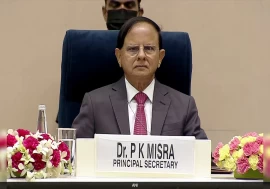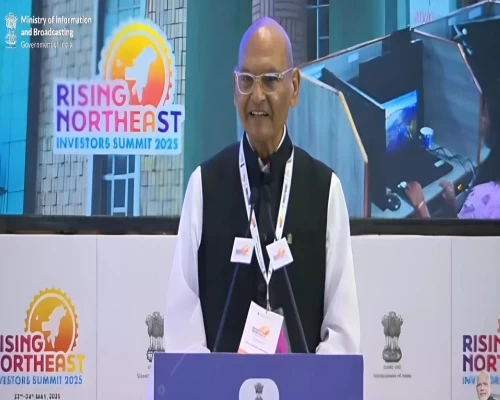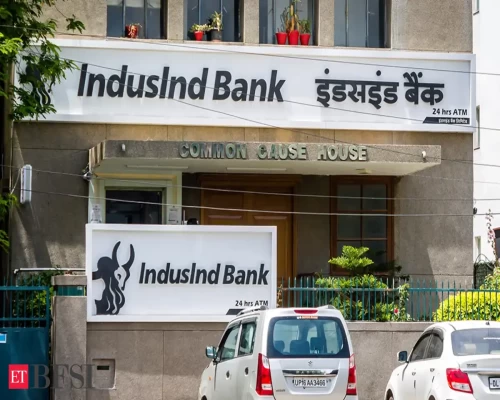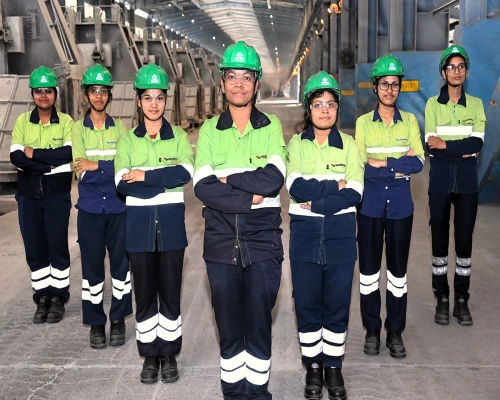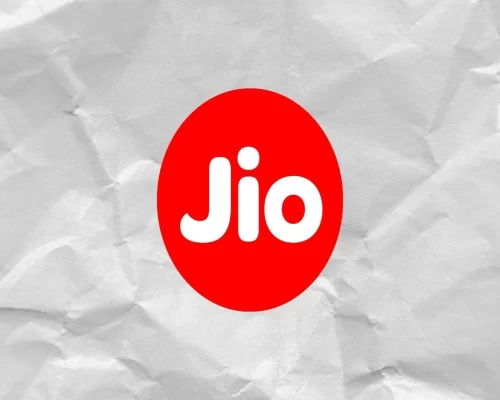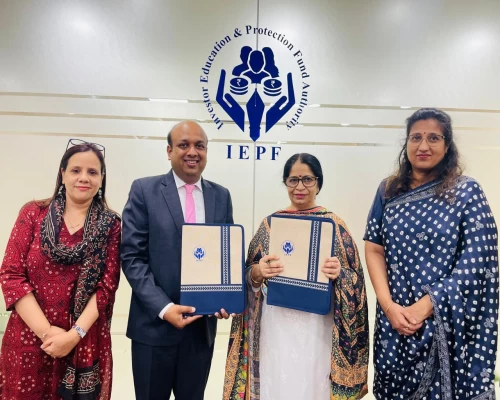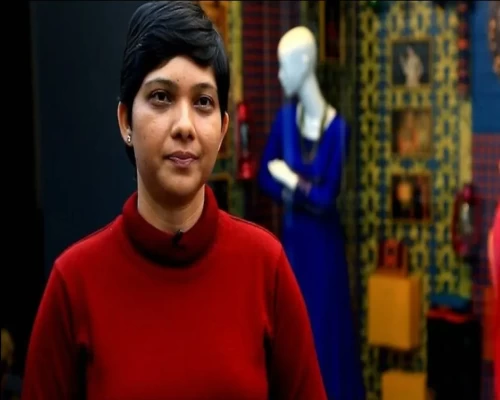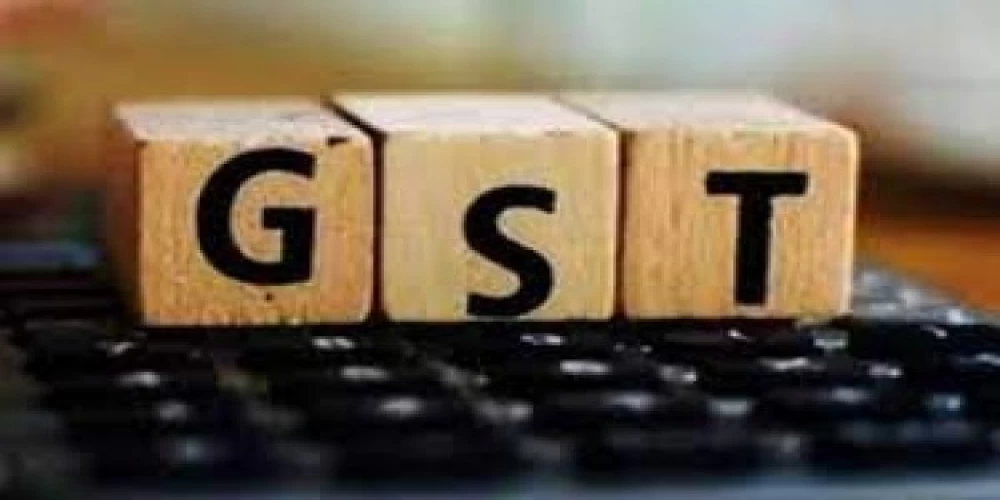
New Delhi: Shashank Priya, Member (GST), Central Board of Indirect Taxes and Customs, Ministry of Finance, Govt of India, has said that GST is a law that is completely homegrown, and we always follow a consultative approach including all stakeholders while framing any law. “In times to come, it will be very important that the administrations are working together to ensure that both compliance and facilitation are done in a uniform and united way which will augur well for the health of the GST,” he added.
Addressing the ‘FICCI GST Conclave -Journey towards GST 2.0: Six Years of GST,’ Priya stated that the government has already initiated a drive against fake GST registration. “We have chosen around 45,000 registrants and will pick-up some more and we have detected evasion of around Rs 13,900 crore. We have also blocked input-tax credit of Rs 1,430 crore. The scale of the problem is large, and we are trying to address it with the help of information technology and not through heavy physical intervention. We are using more third-party data for verification of details, document given for registration,” he emphasized.
Member GST Priya also highlighted that in the last 6 years, the revenue has picked up and with better compliance, better formalization of the economy has helped us to garner more revenue without increasing the tax rates to match up to the revenue neutral rates. “GST has shown that the tax buoyancy has been very heartening. Our tax collection rate is much better than the GDP growth rate,” he added.
Priya further stated that a GST Appellate Tribunal is a missing piece in the GST architecture and needs to be plugged in as soon as possible. “We are in the process of now notifying the rules after we get the approval from the Council. We are hopeful that it will be done sooner than later,” he emphasized.
Manish Sinha, CEO, GSTN, while highlighting the importance of technology in the GST system, said that automation is the theme that will remain constant in GST. The government may introduce an AI driven based taxpayer assessment along with all B2B invoices going completely digitized.
“From the perspective of trade facilitation, more and more standardization of procedures will happen. The Indian trade has shown a remarkable adaptability to absorb this tax technology. GST is also helping in overall digitization and formalization of the economy in a big way,” added Sinha.
Jyoti Vij, Additional Director General, FICCI stated that the GST regime has evolved for the better in the last six years aiming towards stability and transparency in our indirect tax system. GST collections over the years have grown significantly and this is proof of the success of the reform.
“FICCI would like to place on record its appreciation for the GST Council for its crucial role in forging national consensus on key issues related to the tax regime. Ease of compliance and simplification under the GST regime has always been on the radar of the GST Council,” added Vij. /BI/


